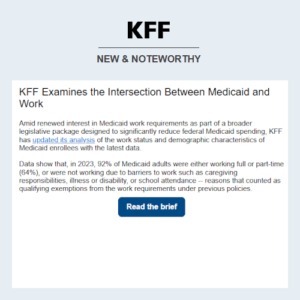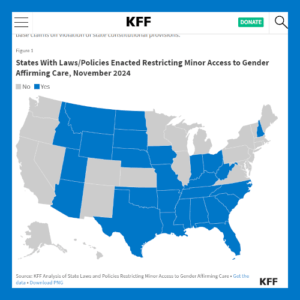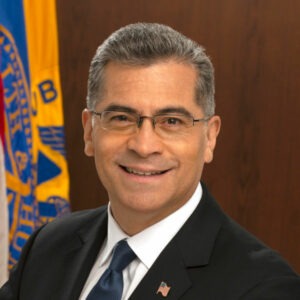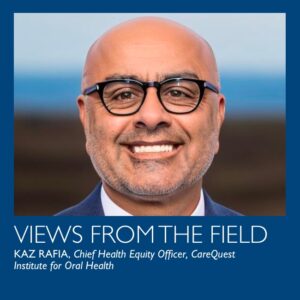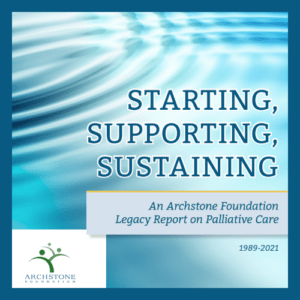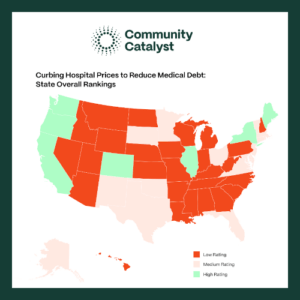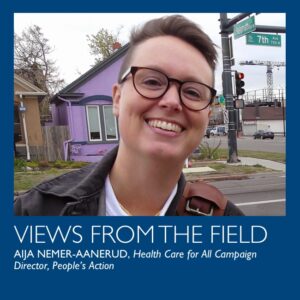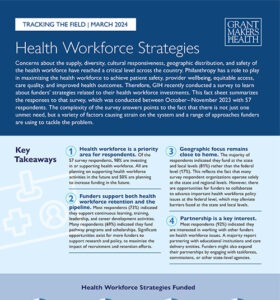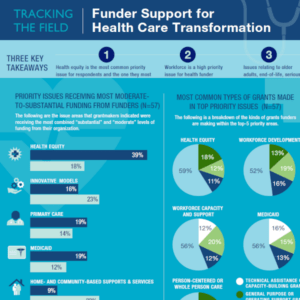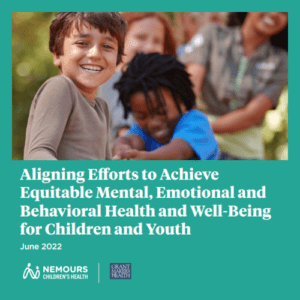Featured Resources
Data Show That The Majority of Adult Medicaid Enrollees are Working
Amid renewed interest in Medicaid work requirements as part of a broader legislative package designed to significantly reduce federal Medicaid spending, KFF has updated its analysis of the work status and demographic characteristics of Medicaid enrollees with the latest data.
Youth Access to Gender Affirming Care at the Supreme Court: What to Know
Ahead of December 4 arguments in a Supreme Court case (U.S. v. Skrmetti) challenging the constitutionality of Tennessee restrictions for gender affirming care for minors, KFF explores the background of the case and potential rulings.
Explore Access and Quality Topics
Latest Resources
Systems, Foundations, and Behavioral Health: Views from Alaska
The Mat-Su Health Foundation addressed the gap in it’s region’s crisis behavioral health system with a systems approach. This Views from the Field article describes the foundation’s transition from a responsive to emergent strategy and the lessons learned along the way.
Behavioral Health for All
Behavioral health conditions, which include both mental health and substance-use disorders, are among the biggest health problems our country faces. Roughly 50 percent of the population will be affected by these conditions at some point in their lives.
Demonstrating Behavioral Health Impact Using Intensive Community-Based Services
Individuals experiencing an acute episode of mental illness often face challenges navigating a fragmented health care delivery system and overcoming barriers to access appropriate medical and mental health services.
What We Learned from the First Open Enrollment Period, and What to Expect from the Second
As work gets rolling for the second open enrollment period, it is an opportune time to reflect on lessons learned from the first open enrollment period, especially since the second one is shorter and there are fewer navigator resources available from the federal government.
The Legacy of The Bravewell Collaborative: Transforming Health Care through Integrative Medicine
A sea change is well underway in the United States regarding health, medicine, and health care delivery. By the early 2000s it was inescapable that obesity rates were climbing while medical costs were becoming unsustainable.
Supporting ACA/Medicaid Expansion Enrollment in Essex County, New Jersey
The goal of the Affordable Care Act—to provide access to health care to virtually all Americans through affordable health insurance that covers all essential services—coincides with The Healthcare Foundation of New Jersey’s mission to bring quality, affordable health care to the most underserved and vulnerable people in its community.
Publications and Reports
2024 Survey Summary: Health Workforce Strategies
Concerns about the supply, diversity, cultural responsiveness, geographic distribution, and safety of the health workforce have reached a critical level across the country. Philanthropy has a role to play in maximizing the health workforce to achieve patient safety, provider well-being, equitable access, care quality, and improved health outcomes. Therefore, GIH recently conducted a survey to learn about funders’ strategies related to their health workforce investments.
Funder Support for Health Care Transformation
This infographic summarizes the responses to a Grantmakers In Health funder poll, conducted October 2022, on how philanthropy is supporting health care transformation efforts, especially those concerned with improving quality of life, coordinating complex care, and taking patient preferences into account.

